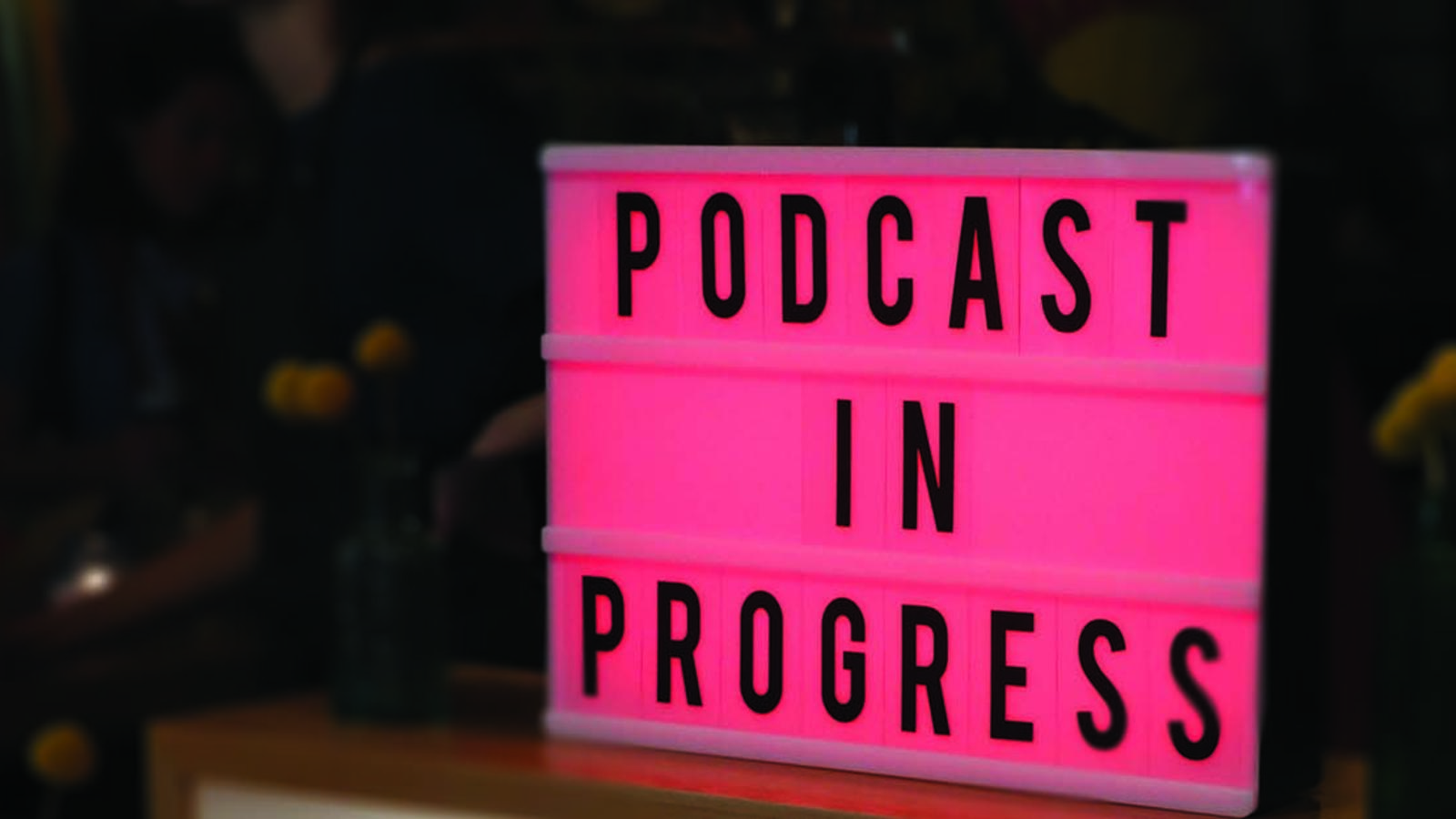
Sound Waves
Rice Business Experts Examine The Science Behind Scandals, Epiphanies And Live Performance, Among Other Mysteries.
By Jennifer Latson
Rice Business Experts Examine The Science Behind Scandals, Epiphanies And Live Performance, Among Other Mysteries.
Get a sneak peek of The Index with this trailer:
Check out the full episodes of The Index!
Epiphanies — the sudden “aha” moments that can spark innovation and shift the course of a career or a life — may be growing rarer. Why? Former Rice Business Professor Erik Dane spells it out in an episode of The Index, a new podcast jointly produced by Rice Business and Texas Monthly.
Dane’s research demonstrates that, to lay the foundation for epiphanies, we need to alternate between being present and sharply aware of what’s happening around us, then softening that focus and letting our minds wander without a definitive purpose. But with a smartphone in our hand — or even in the same room — we’re unlikely to do either.
“It’s harder to focus or to let your mind wander, because your phone will grab you from either of those states,” suggests Tim Taliaferro, Texas Monthly’s chief innovation officer, who interviewed Dane for the episode.
“Yes. It’s the state of living in limbo,” Dane says. “I do think the mind is probably jumpier now than it has been historically, due to these digital distractions and our inability to manage those distractions as effectively as we’d like.”
But there are steps we can take to make our minds more receptive to sudden flashes of insight — and Dane explains how.
The Index grew out of a collaboration between Texas Monthly and Rice Business at the 2019 South by Southwest music and technology festival, where the two entities co-hosted a pop-up experience in an Austin storefront. Dane and other Rice Business professors presented some of the groundbreaking findings from their Rice research — and the podcast was born.
Hosted by journalist Saul Elbein, a contributor to the New York Times Magazine and the NPR radio show This American Life, among other outlets, The Index explores economics, psychology, and the hidden business of everything.
In one episode, Rice Business professor Anastasiya Zavyalova discusses the science of scandals: how they start, how they end, and what to do when you’re caught in one. In another, Rice Business Dean Peter Rodriguez explains the economics behind why it’s so difficult to make a living in the arts.
“This is a great dismal science story,” Rodriguez says. “Take a Mozart concerto. He writes it in 1789. It takes four musicians and 56 minutes to perform in 1789; it takes four musicians and 56 minutes to perform in 2019. In other words, there are no productivity increases, by nature of the good itself, in live performance. … You can’t say, ‘Play the notes faster!’ ”
Other half-hour episodes include insights from Rice Business professors Utpal Dholakia and Douglas Schuler, along with Rice Business Wisdom editor Claudia Kolker and “modern-day wildcatters” Gabriella Rowe, the CEO of Station Houston; Marc Nathan, vice president of strategy at Egan Nelson; and Lawson Gow, the CEO and founder of The Cannon — all of whom are working to make Texas a leader in tech innovation.
“Wildcatters are, of course, the old independent oilmen known for raising capital on pluck and spending it on a hunch. So how does that translate to a modern tech economy?” Elbein asks. “How does an oil town and an oil mentality become a tech mentality?”
“It’s one of my favorite parts of Houston — I think it’s more of an ethos than a specific group of individuals, but it’s that idea of rolling up your sleeves and getting it done,” Rowe says. “In the world of tech that we see in Houston, that means a whole lot of innovation to solve really big problems.”
The Index is the latest way Rice Business is making its professors’ research accessible outside the halls of academia, in the hopes that their science-backed, peer-reviewed insights will help spark the innovation needed to solve really big problems. As Elbein points out, much of this research has far-ranging applications that will prove useful well beyond the boardroom.
Take Dane’s research on epiphanies, for example. Dane started studying them because he wasn’t sure they actually existed.
“So this is kind of an academic looking for Bigfoot,” Elbein says.
“It’s common in Hollywood — these lightbulb moments that are dramatized,” Taliaferro replies. “And he wanted to figure out, does that really happen? So he surveys 500 people. And about half of them reported having had epiphanies.”
“It’s really exciting. You find out that this thing you thought was this mystic or metaphysical concept actually happens to people kind of a lot. So why was that even relevant to a business professor in the first place?” Elbein asks.
“He studies cognition: how we think, and how we come up with ideas,” Taliaferro explains. “[Epiphanies] represented a new model of problem-solving. All businesses have problems to solve. So if you’re a business that can foster better problem-solving, you have a competitive advantage in the marketplace. So it is actually important to the bottom line that a company be good at solving problems. So this is legit research for a business professor to be engaged in: How do good companies do this?”
The answer, according to Dane’s research, comes down to mindfulness — especially when we can channel what he calls “the traveler’s mind.”
“There’s nothing sacred or hallowed about a given conversation or a particular trip that imparts the epiphany onto you, but unless you’re truly mindful in the moment, it’s going to be hard for stimuli you encounter to open you up,” Dane says. “How can we think about our surroundings in an entirely new way, even if we’re used to them? I talk about a concept called the traveler’s mind.”
“If you went on a trip six months ago, you can probably remember it in vivid detail. But can you tell me what you were doing on Tuesday two weeks ago?” Taliaferro says, explaining the heightened observational powers inherent to the traveler’s mind. In other words, approaching our everyday world with the same curiosity and focus we use when we explore new places can yield discoveries that get closed off when we go into autopilot mode.
“So if we can find ways to open our eyes to these otherwise mundane moments, I do think it increases the chances of epiphanies,” Dane says. “And really just making better decisions and solving problems more effectively.”
Jennifer Latson is a staff writer and editor at Rice Business and the author of The Boy Who Loved Too Much.
Never Miss A Story


